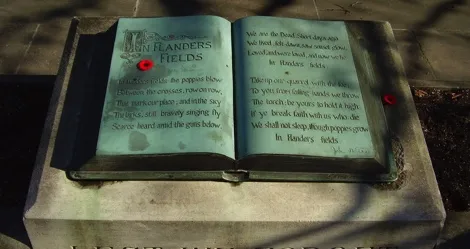
Remembrance Day Books to End War
This content contains affiliate links. When you buy through these links, we may earn an affiliate commission.
On Sunday, 11th November, 2018, much of the world observed Remembrance Sunday, a day set aside every year for the past hundred years to remember and mourn those members of the armed forces who have died in battle. This year, the day marked one hundred years since the end of the First World War. In the UK, almost every town and village, no matter how small, has a Memorial to those lost in that War, dozens of names inscribed in the stone. The War to end all Wars. Except it didn’t. And the horrors of war have continued, unabated. But in honour of those who desperately hoped that that War would end all wars, here is a collection of books that share that vision of a demilitarised future.
This is a memoir of serving as a nurse in the First World War. One of the foremost texts telling a firsthand experience of the utter horror of war and the irrevocable change it brings. Further anti-war writings can be found in One Voice: Pacifist Writings from the Second World War.
The memoir of the youngest ever winner of the Nobel Peace Prize and campaigner for girls’ education. The backdrop of this memoir shows the terrible effects of war for children, with girls usually suffering most of all.
A collection of writings from the 1960s civil rights era to the present day examining the intersection between white supremacy and the military industrial complex. They explore the possibility of radical social change through revolutionary nonviolence. Voices include Audre Lorde, Dr King, Dorothy Day, and Bayard Rustin.
In this passionate essay, Woolf expertly links up the rise of fascism and war with the patriarchy and oppression of women. It questions whether it’s possible to prevent war without also working to raise women up to an equal position to men, that has yet to be achieved.


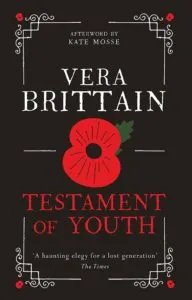
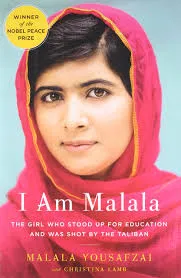 I
I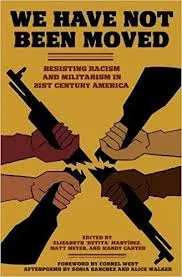 We Have Not Been Moved
We Have Not Been Moved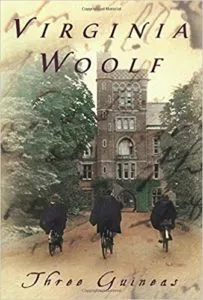 Three Guineas
Three Guineas






